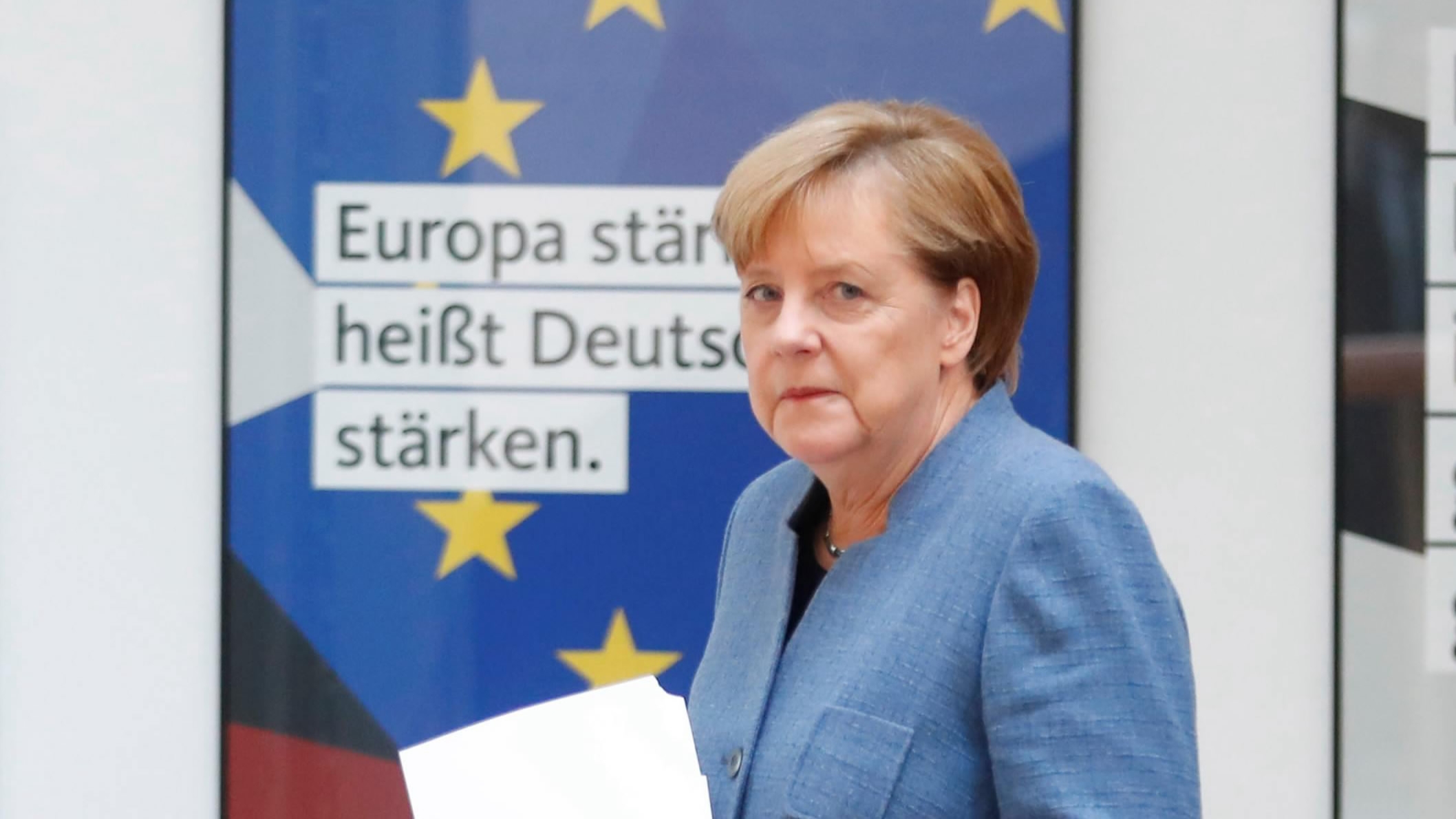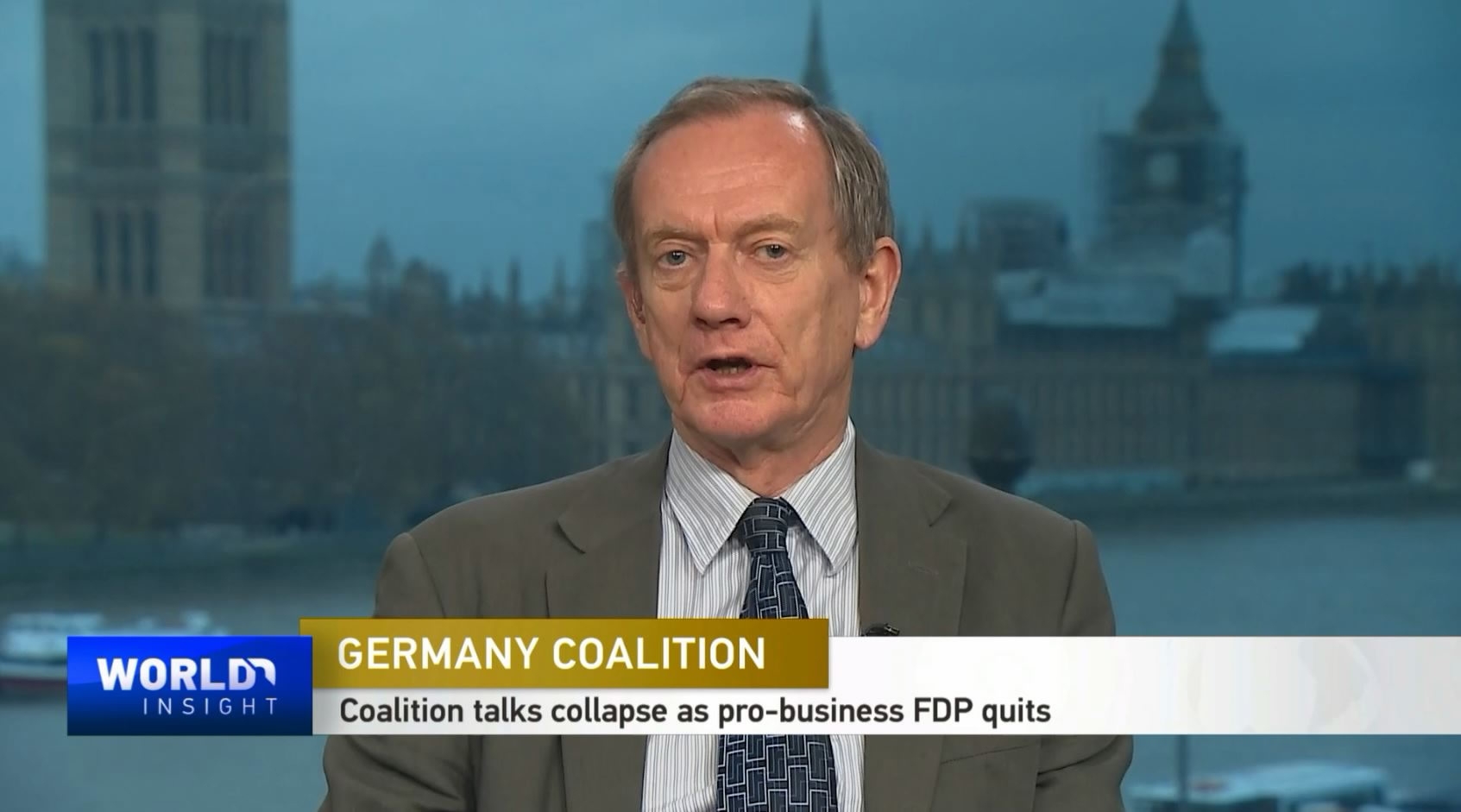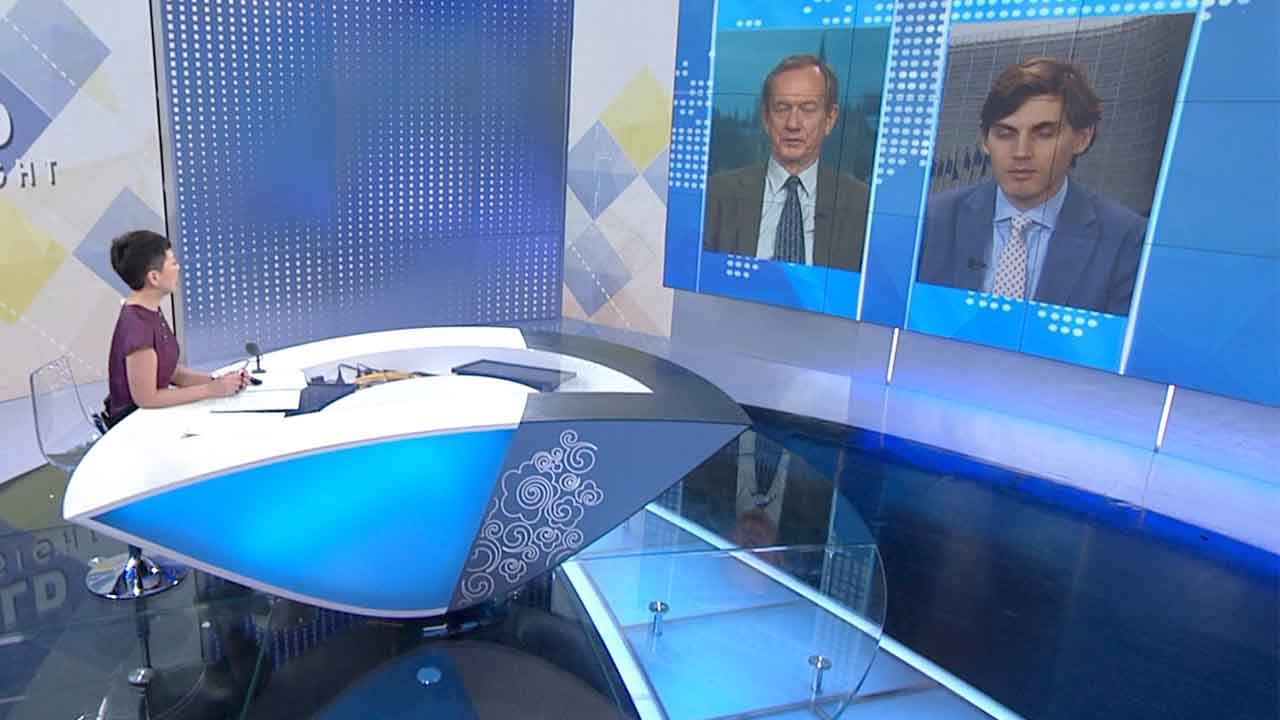
World
18:57, 23-Nov-2017
Why did German coalition talks collapse?
CGTN

By CGTN's World Insight
"A three-party coalition is extremely unusual, all previous governments in Germany have been two-party coalitions,” said Professor Iain Begg, a Professorial Research Fellow from the European Institute at the London School of Economics and Political Science.
German Chancellor Angela Merkel’s coalition talks collapsed earlier in the week after the Free Democratic Party announced they were withdrawing from discussions citing "no trust between parties."
The talks had been ongoing since Merkel's Christian Democratic Union party failed to win a majority in September’s federal elections, turmoil unprecedented in post-war German politics.

Professor Iain Begg, a Professorial Research Fellow from the European Institute at the London School of Economics and Political Science. /CGTN Screenshot
Professor Iain Begg, a Professorial Research Fellow from the European Institute at the London School of Economics and Political Science. /CGTN Screenshot
"What she tried to do in this context is to merge Center-Right, which is Angela Merkel's party, with more liberal right which is the Yellow party, the FDP, and the Greens, who have combination of as their name implies, a green agenda, and also far more accommodating to refugees than the FDP," explained Begg.
All of these factors made it difficult to find common ground to form a coalition government, prompting FDP leader Christian Lindner to cite Teresa May's words: "No deal is better than a bad deal."
However Begg said that, "Angela Merkel has a habit of diminishing her coalition partners in previous governments, the reason the rights don't want to enter the coalition is that they feel as the minority in the coalition, they will lose further, they want to renew themselves in a different package. President Steinmeier from the right, he would not want his party to be responsible for causing political disfunction in Germany."

The collapse of talks has seen Merkel lean towards calling a new election, saying she would prefer that than ruling with a minority government.
"She said she doesn't want a minority government, it would be weak, she will be subject to constraints on what she would be able to do, because any opposition would then try to undermine her policies, " said Begg.
Speaking about the coalition failure's impact on the EU, Begg said, "It's very hard to say in the absence of new German government, Germany will be able to make a firm statement on what they want, and that would delay Brexit talks and cause chaos on both sides of the English Channel."
World Insight with Tian Wei is a 45-minute global affairs and debate show on CGTN. It airs weekdays at 10.15 p.m. BJT (1415GMT), with rebroadcasts at 4.15 a.m. BJT (2015GMT).
7367km

SITEMAP
Copyright © 2018 CGTN. Beijing ICP prepared NO.16065310-3
Copyright © 2018 CGTN. Beijing ICP prepared NO.16065310-3